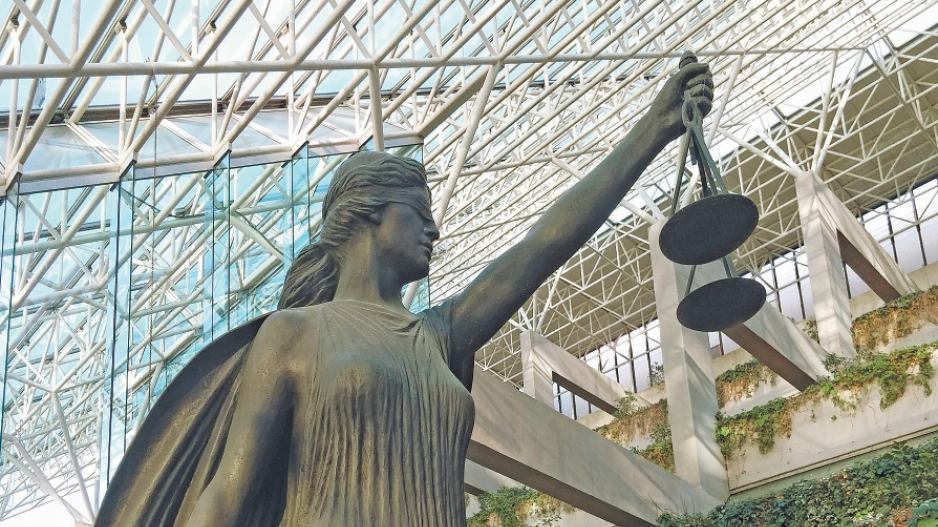A class-action lawsuit against Facebook by two Canadians who claim the social media giant scraped Messenger data has been dismissed by BC Supreme Court.
In dismissing the class-action application, Justice Ronald Skolrood said in his Jan. 27 decision the fatal flaw in the plaintiff's case was "the absence of any evidence to indicate that Facebook used, or misused, the plaintiffs' information for its own benefit."
Christopher Chow and Elizabeth Judie Chartrand claimed Facebook was violating B.C.'s Privacy Act by scraping call and text message data from users of its Messenger applications on the Android operating system (OS). Their civil claim alleges Facebook did so "under the guise of accessing their contacts to supply its friend recommendation algorithm."
"[G]iving private personal information to unknown third parties creates risk for scams," said Chow in court documents outlining his belief that privacy should be protected.
The suit further alleged Facebook "deliberately employed secret workarounds to collect the data without a user's informed permission or knowledge by exploiting the interaction between the messenger app and the Android OS."
The suit alleged those actions began as early as 2011.
Facebook opposed the class-action certification application.
The social media company noted that as of May 26, 2015, it began to offer some Canadian Messenger users with Android-operated mobile devices the option to permit it to upload information about their call and text histories.
Chartrand said, to her knowledge, she never consented to Facebook taking any of her call and text messages. She said privacy is important to her that everyone deserves to have their private communications protected and respected.
Facebook noted in its response that it has "no record of either named plaintiff ever having their call and text logs uploaded."
Skolrood said the central allegations in the application are that "Facebook 'collected, used, retained and commercialized" the call and text data and "profited from that collection at users' expense.
"These are the key allegations underpinning the plaintiffs' certification application, yet they have failed to establish any basis in fact for the allegations," Skolrood said.




